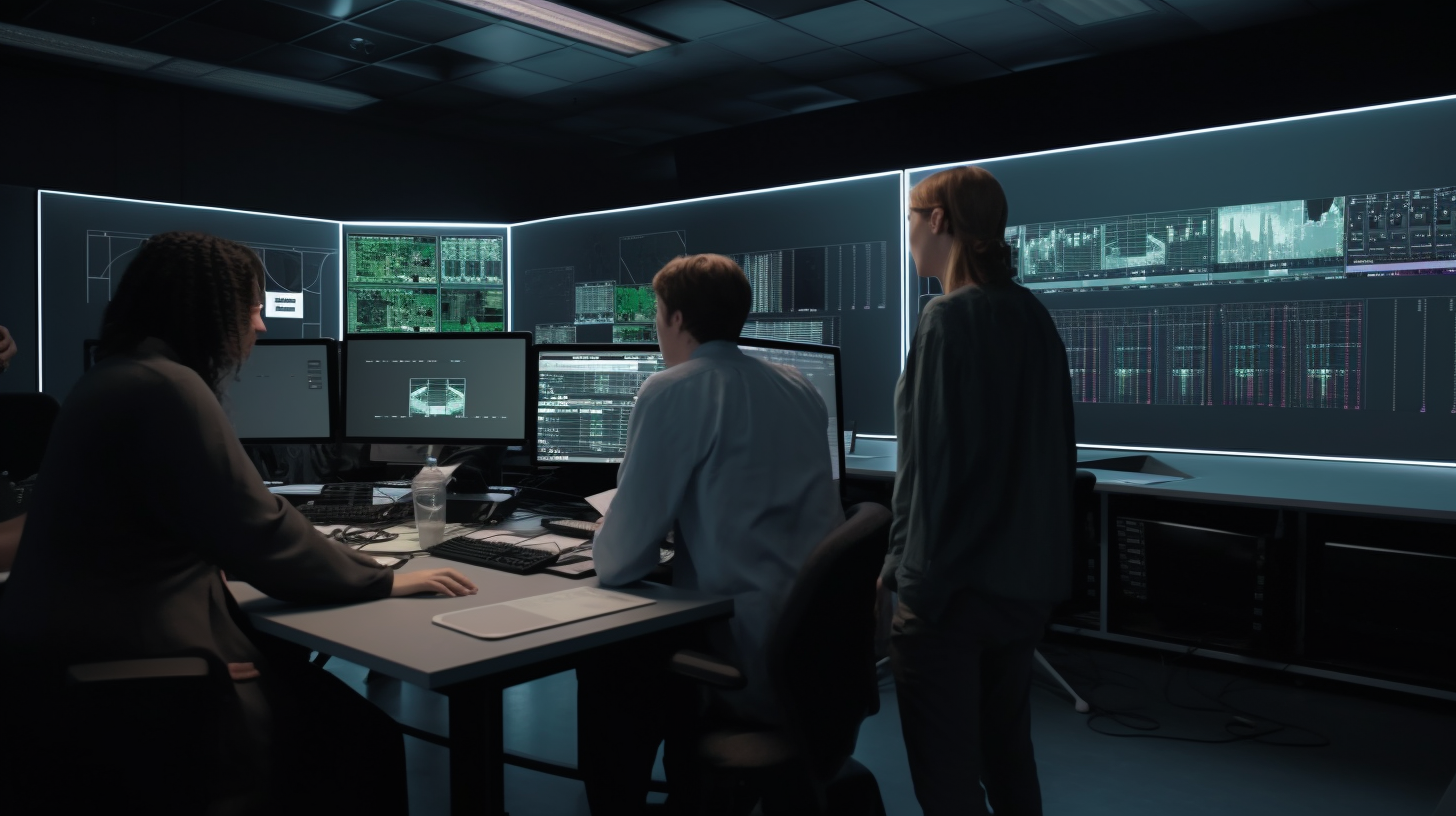How AI-assisted Screenplay Analysis and Development is Changing the Future of Movie Production
The movie production industry has seen numerous advancements in technology in recent years. One of the most exciting developments is the use of artificial intelligence (AI) in screenplay analysis and development. AI is being used to analyze and develop screenplays in ways that were not possible before. In this blog post, we will discuss how AI is revolutionizing the movie production industry and what the future holds for AI-assisted screenplay analysis and development.
The Role of AI in Screenplay Analysis
Screenplay analysis is a crucial step in the movie production process. It involves reading and evaluating scripts to determine if they are suitable for production. AI is being used to assist in screenplay analysis by providing data-driven insights on a script's structure, plot, and characters. AI can help identify plot holes, pacing issues, and even predict box office success.
One of the most significant advantages of using AI in screenplay analysis is its ability to analyze vast amounts of data quickly. AI algorithms can read and analyze thousands of screenplays in a matter of hours, providing valuable insights to movie producers and studios. This saves time and resources and ensures that only the most promising scripts are selected for production.
The Role of AI in Screenplay Development
AI is also being used to assist in screenplay development. This involves using AI algorithms to help writers improve their scripts by providing suggestions for character development, dialogue, and plot points. AI can provide objective feedback on a screenplay's strengths and weaknesses, helping writers to improve their work and produce better scripts.
One of the most exciting uses of AI in screenplay development is the creation of AI-generated content. AI algorithms can be trained to generate dialogue, plot points, and even entire scripts. While this technology is still in its early stages, it has the potential to revolutionize the movie production industry by providing an endless supply of high-quality scripts.
Benefits of AI-assisted Screenplay Analysis and Development
The use of AI in screenplay analysis and development offers numerous benefits to the movie production industry. Some of the key benefits include:
Time and resource savings: AI algorithms can analyze scripts quickly, saving time and resources.
Objective feedback: AI provides objective feedback on a screenplay's strengths and weaknesses.
Data-driven insights: AI algorithms can provide data-driven insights on a script's structure, plot, and characters.
Improved quality: AI can help writers improve their scripts, resulting in better quality screenplays.
Endless supply of content: AI-generated content has the potential to provide an endless supply of high-quality scripts.
Challenges of AI-assisted Screenplay Analysis and Development
While AI-assisted screenplay analysis and development offer numerous benefits, there are also some challenges that must be addressed. One of the most significant challenges is the potential loss of creativity. Some writers and filmmakers worry that the use of AI could stifle creativity and lead to a homogenization of content.
Another challenge is the ethical use of AI. As AI becomes more prevalent in the movie production industry, there is a risk that it could be used to replace human workers, leading to job losses and other economic issues. It is essential to ensure that AI is used ethically and responsibly to avoid these problems.
The Future of AI-assisted Screenplay Analysis and Development
The use of AI in screenplay analysis and development is still in its early stages, but it has the potential to revolutionize the movie production industry. In the future, we can expect to see even more advanced AI algorithms that can provide even more sophisticated insights into screenplays. We may also see the development of AI-generated content that can rival that produced by human writers.
Another exciting development is the use of AI in real-time collaboration between writers and filmmakers. AI algorithms could be used to facilitate real-time brainstorming and feedback sessions, helping writers and filmmakers to work together more efficiently and effectively.
We can also expect to see more ethical and responsible use of AI in the movie production industry. As AI becomes more prevalent, it is essential to ensure that it is used ethically and responsibly to avoid negative impacts on workers and the industry as a whole.
Conclusion
AI-assisted screenplay analysis and development are changing the future of movie production. AI algorithms are being used to analyze vast amounts of data quickly, provide objective feedback on scripts, and even generate content. While there are some challenges that must be addressed, the benefits of using AI in screenplay analysis and development are clear. In the future, we can expect to see even more advanced AI algorithms that can provide even more sophisticated insights into screenplays, as well as the development of AI-generated content that can rival that produced by human writers. The use of AI in real-time collaboration between writers and filmmakers is another exciting development that we can expect to see more of in the future. As the movie production industry continues to evolve, it is essential to ensure that AI is used ethically and responsibly to avoid negative impacts on workers and the industry as a whole.


